Comprehensive cooperation for sustainable development
At the meeting, Minister Dang Quoc Khanh welcomed Minister Han Whajin, Ambassador Choi Youngsam and colleagues to visit and work at the Ministry of Natural Resources and Environment.
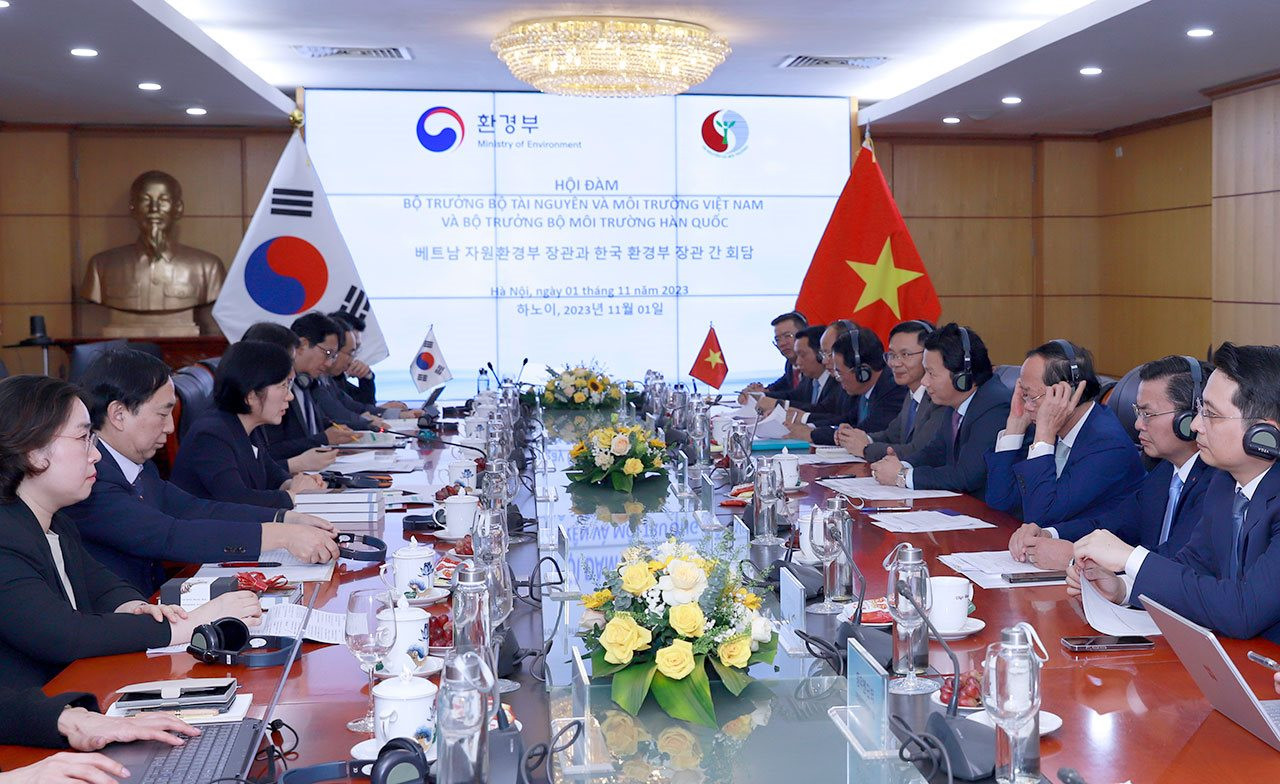
Minister Dang Quoc Khanh said that over the years, the Korean Ministry of Environment has always been an important strategic partner of the Vietnamese Ministry of Natural Resources and Environment. Minister Dang Quoc Khanh highly appreciated the efforts and results of comprehensive cooperation between the two ministries and fully believed in cooperation between the two agencies in the coming period, especially when Vietnam and Korea have just celebrated the 30th anniversary of the establishment of diplomatic relations between the two countries.
With a long tradition of cooperation between the two Ministries in the fields of environment, biodiversity, climate change, ocean plastic waste, circular economy development, etc., Minister Dang Quoc Khanh hopes that Minister Han Whajin will continue to pay attention to promoting cooperation in the environmental field between the two countries for sustainable development; enhancing the importance of preserving and improving the environment for current and future generations.
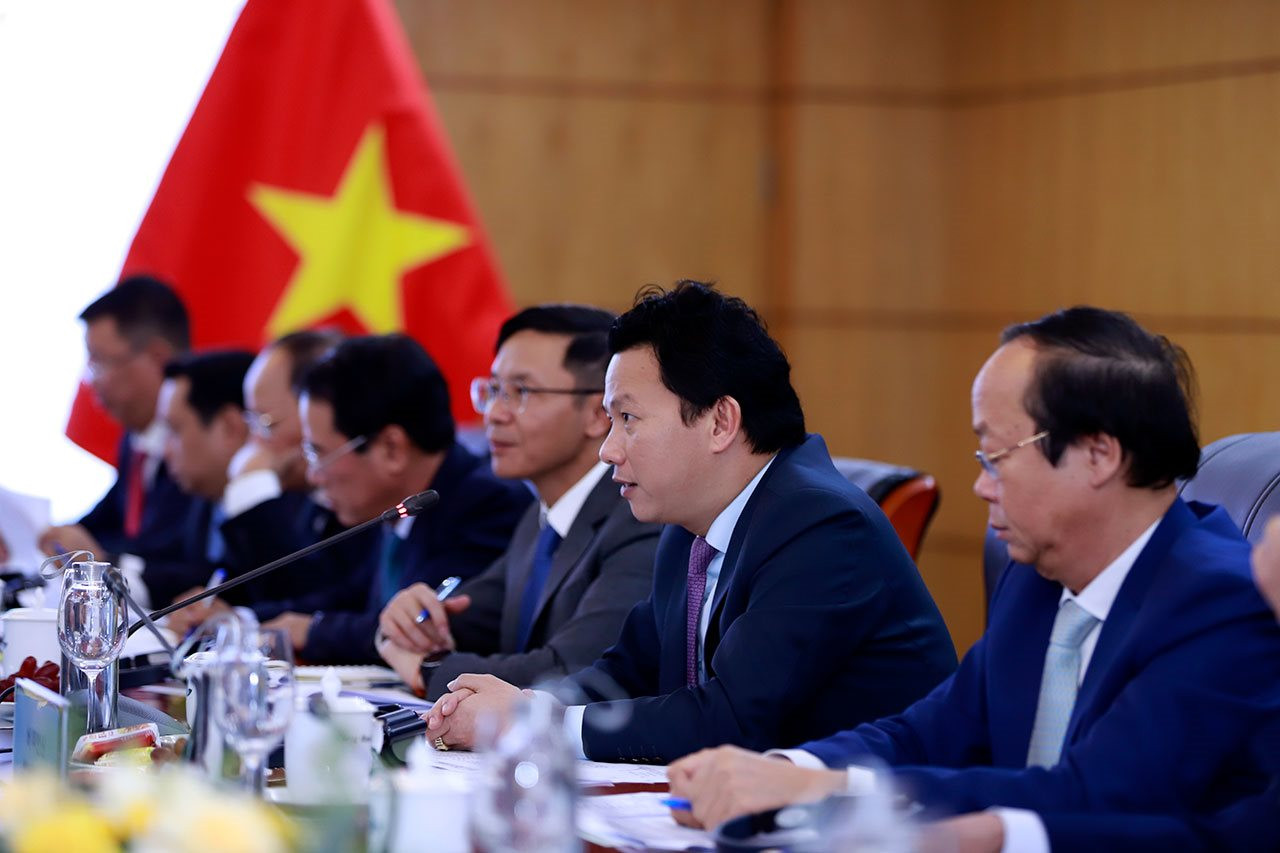
Speaking at the meeting, Korean Minister of Environment Han Whajin thanked Vietnam for the warm welcome as well as Minister Dang Quoc Khanh personally. Talking with Minister Dang Quoc Khanh, Minister Han Whajin shared that in June 2022, Korea and Vietnam jointly approved the Action Plan to implement the Comprehensive Strategic Partnership, through which the two sides agreed to further promote cooperation for sustainable development between the two countries.
Ms. Han Whajin affirmed that Korea and Vietnam have built a relationship of mutual trust since the first annual ministerial meeting held in 2000. Since the 14th Ministerial Meeting held in 2018, due to the impact of the Covid-19 pandemic, after 5 years, the two sides have had the opportunity to hold another meeting. Therefore, Minister Han Whajin said that this meeting has extremely profound meaning.
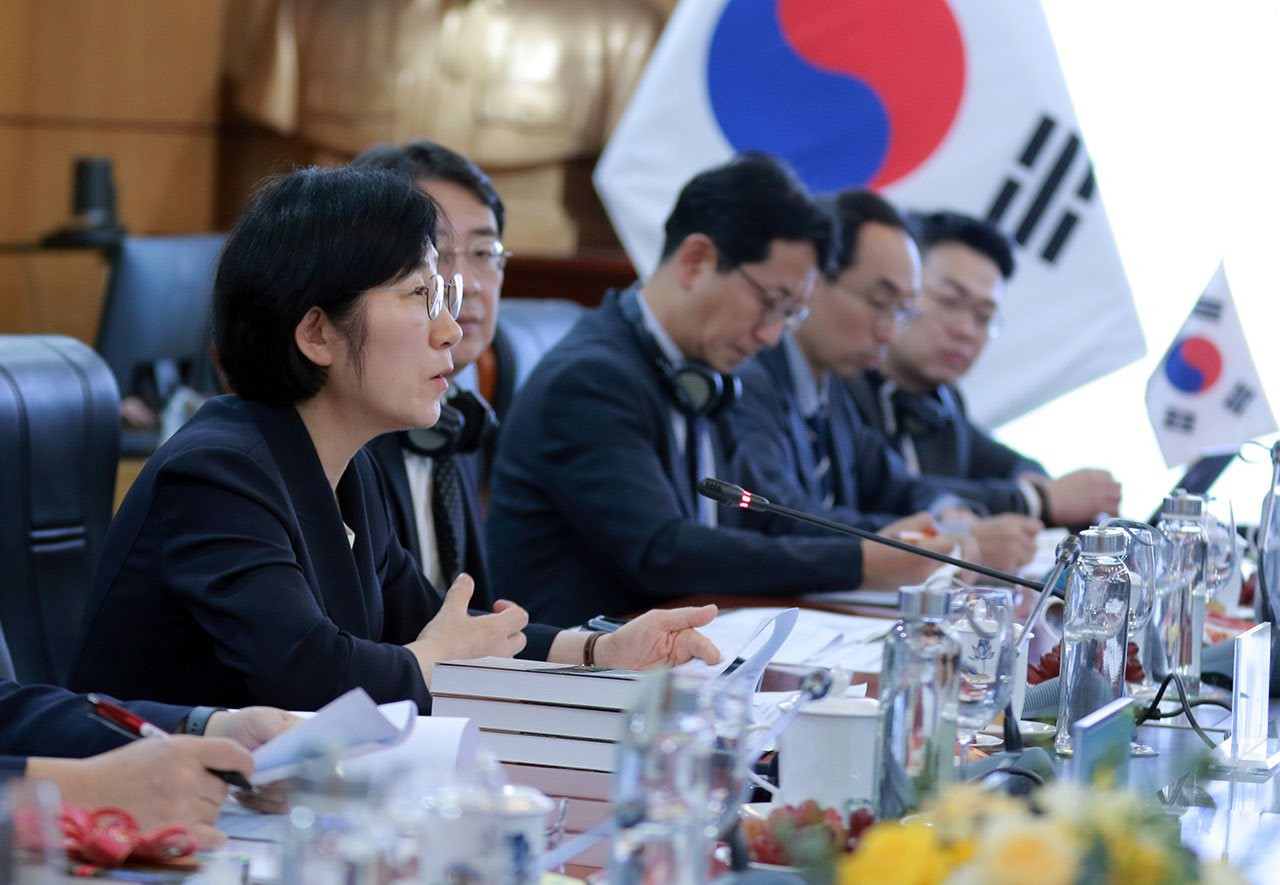
Sharing the same view with Minister Han Whajin, Minister Dang Quoc Khanh affirmed that the cooperation between the two Ministries in recent times through Memorandums of Understanding on environment and climate change has brought many opportunities and also expected that this cooperation will continue to be expanded to all related fields jointly managed by the two Ministries.
Expanding cooperation in global emission reduction projects
Discussing cooperation on climate change, Minister Han Whajin said that Korea has announced its goal of achieving carbon neutrality by 2050 and set a Nationally Determined Contribution (NDC) target of reducing greenhouse gas emissions by 40% compared to 2018 by 2030, and is currently making continuous efforts towards this goal. Korea also knows that Vietnam is also making efforts to achieve carbon neutrality by 2050.
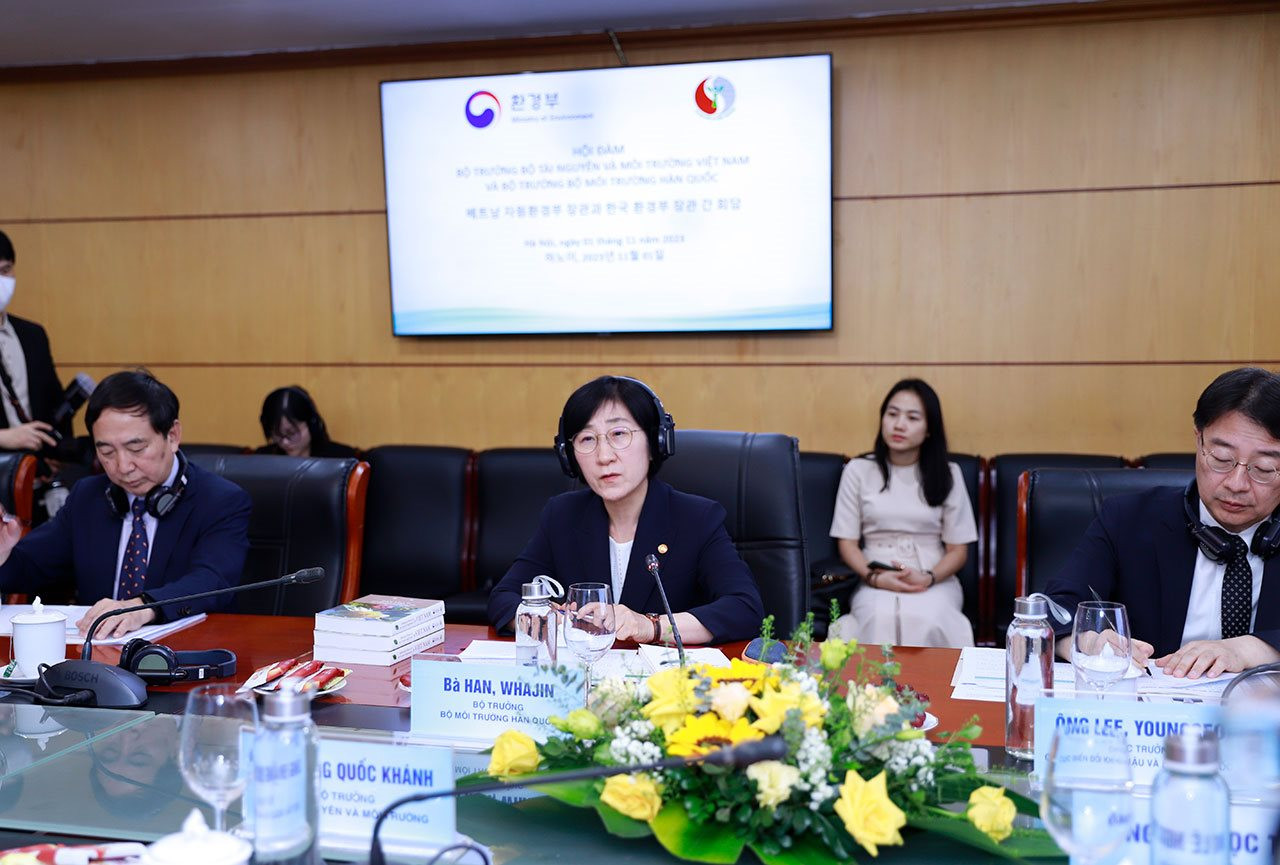
Therefore, Minister Han Whajin hopes that both Korea and Vietnam will continue to make joint efforts in many aspects to reduce carbon emissions through expanding cooperation in global emission reduction projects.
In the coming time, Minister Han Whajin hopes that Vietnam will pay more attention and cooperate in the future on projects such as the Waste Incineration and Power Generation Project, Biofuel Conversion, etc. In addition, Korea is expanding the Green ODA program to cooperate globally on joint responses to climate change. Korea is also vigorously promoting infrastructure construction projects to support green transformation and greenhouse gas reduction in aid recipient countries. Minister Han Whajin hopes that Green ODA cooperation projects in areas such as water quality management, air management, waste management and projects related to Green Mobility will be implemented smoothly and effectively.

Regarding this content, Minister Dang Quoc Khanh welcomed and highly appreciated the Korean ODA program. The Minister said that after Vietnam made a strong commitment and took practical actions to achieve the Net Zero goal by 2050, the Korean green ODA program would greatly support Vietnam in implementing its commitments at COP26. Therefore, Minister Dang Quoc Khanh directed the specialized agencies of the Vietnamese Ministry of Natural Resources and Environment to coordinate with the Korean side to jointly work towards specific cooperation programs to achieve expected results.
In addition, in further discussions with Minister Han Whajin, Minister Dang Quoc Khanh said that Vietnam has proposed to host the P4G Summit in 2025 and has received support from the countries participating in P4G. Minister Dang Quoc Khanh hopes that Korea, with its experience in successfully organizing the second P4G Summit in 2021, will support Vietnam in fulfilling its role as host of the fourth P4G Summit in 2025.
Korea supports Vietnam in completing and implementing EPR regulations
Regarding the content of Extended Producer Responsibility (EPR), Minister Dang Quoc Khanh said that EPR has been applied in Vietnam since 2005, however, the regulations are only voluntary. The Law on Environmental Protection 2020, effective from January 1, 2022, and the implementing documents have stipulated that EPR is mandatory for manufacturers and importers. Accordingly, manufacturers and importers must recycle the products and packaging they put on the market according to the required recycling rate and specifications.
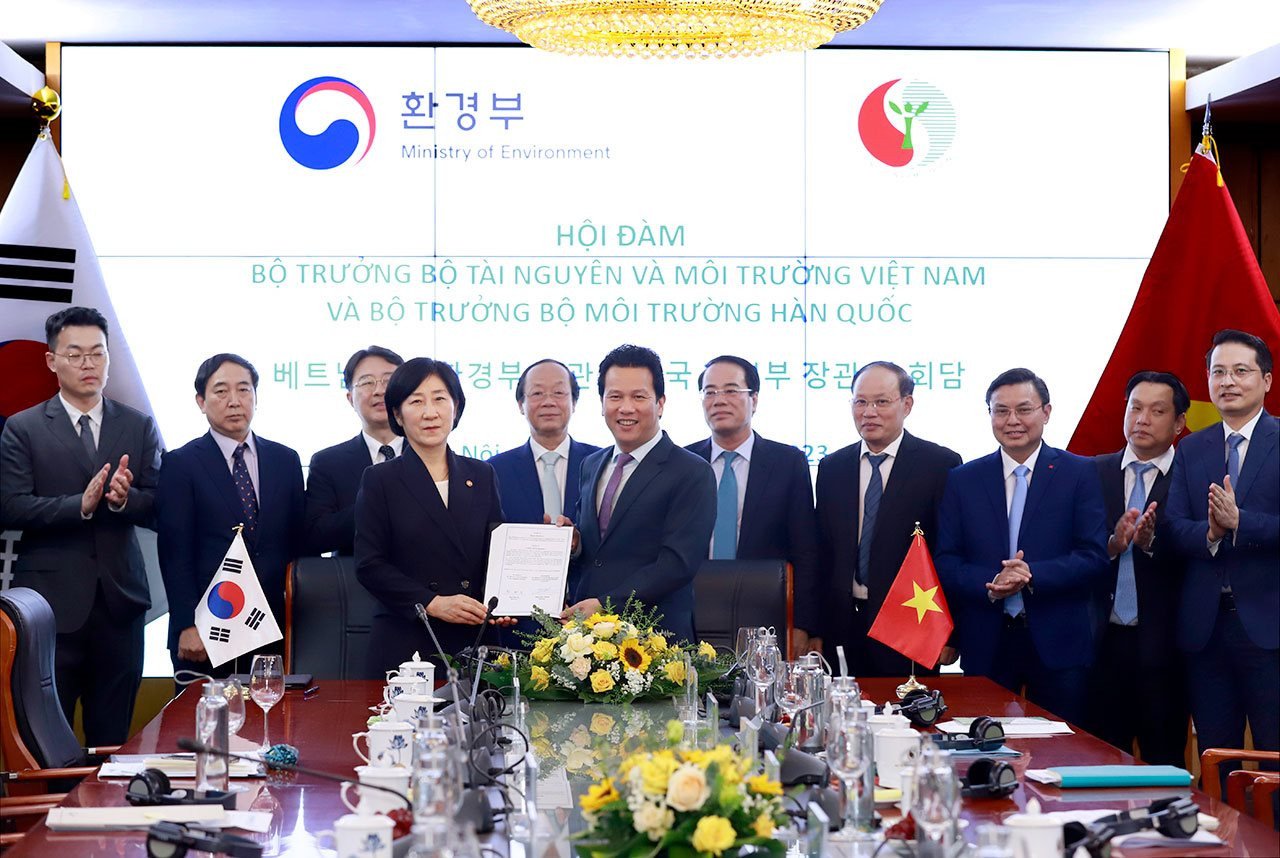
However, the mandatory EPR regulations in Vietnam are still relatively new, and the Ministry of Natural Resources and Environment is currently urgently completing regulations to implement EPR in Vietnam. Therefore, the Ministry of Natural Resources and Environment of Vietnam requests the Ministry of Environment of Korea to continue to support in completing and organizing the implementation of EPR regulations, specifically as follows: Support for EPR implementation consultants; Support for the development and management of EPR implementation monitoring databases; Cooperation and exchange of EPR implementation experiences between the National EPR Council Office (Ministry of Natural Resources and Environment of Vietnam) and the Korean Environmental Agency (KECO), the Korean Resource Circulation Agency (KORA).
Regarding this content, Minister Han Whajin said he will send Korean experts to support and accompany the Vietnamese Ministry of Natural Resources and Environment.
Biodiversity cooperation matters to future generations
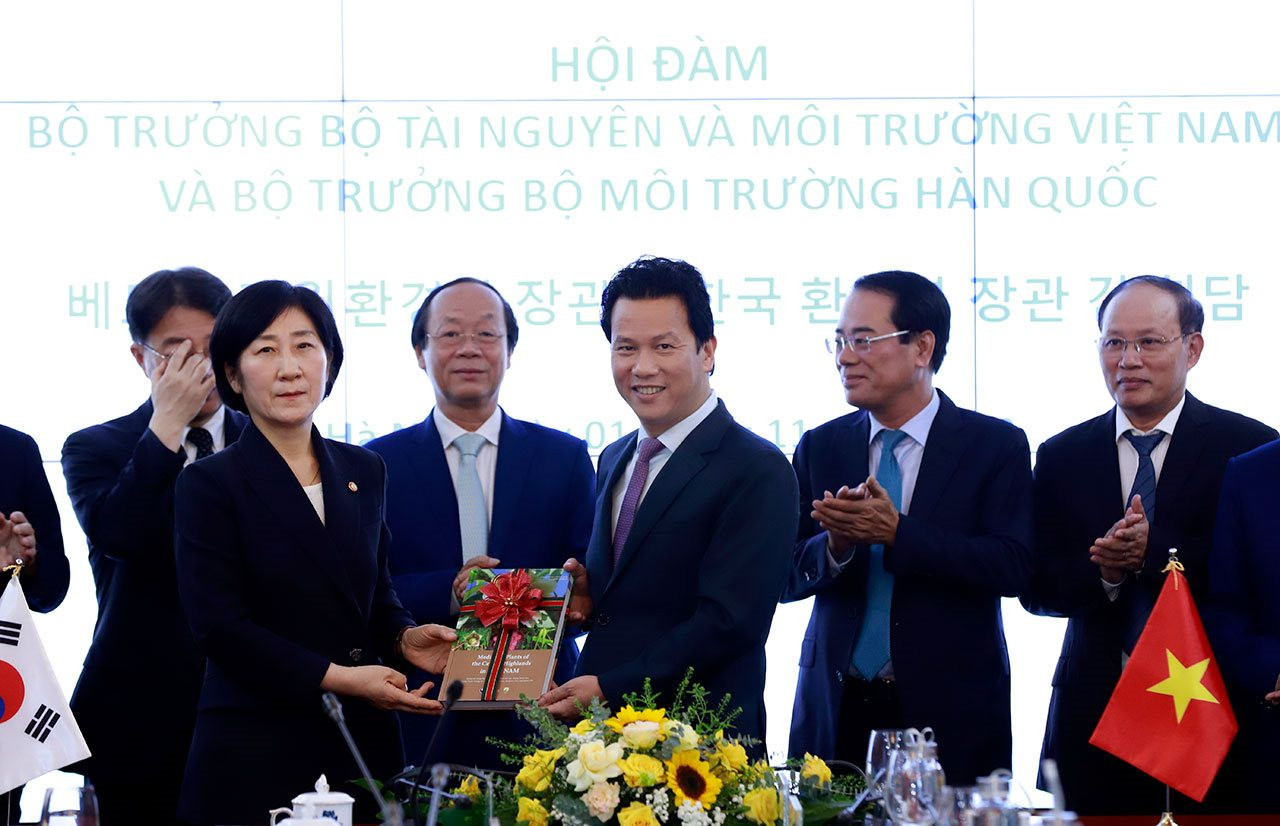
In the field of cooperation on biodiversity, Minister Han Whajin said that according to the proposal for joint research on biological resources, Vietnam and Korea are currently promoting the publication and registration of patents for all research results obtained from the Joint Research Project to conserve global biodiversity under the Nagoya Protocol. Minister Han Whajin said that exploiting Vietnam's potentially useful biological resources based on scientific verification will be a meaningful common topic for future generations.
Minister Han Whajin hoped that Minister Dang Quoc Khanh would further promote research cooperation on biological resources through biotechnology enterprises of the two countries, thereby promoting the further development of potential biological resources. With the desire to develop more outstanding cooperation achievements between the two countries, on the occasion of today's meeting, Minister Han Whajin expressed great expectations for the renewal of the MOU between the National Institute of Biological Resources of Korea and the Department of Nature Conservation and Biodiversity in Vietnam.
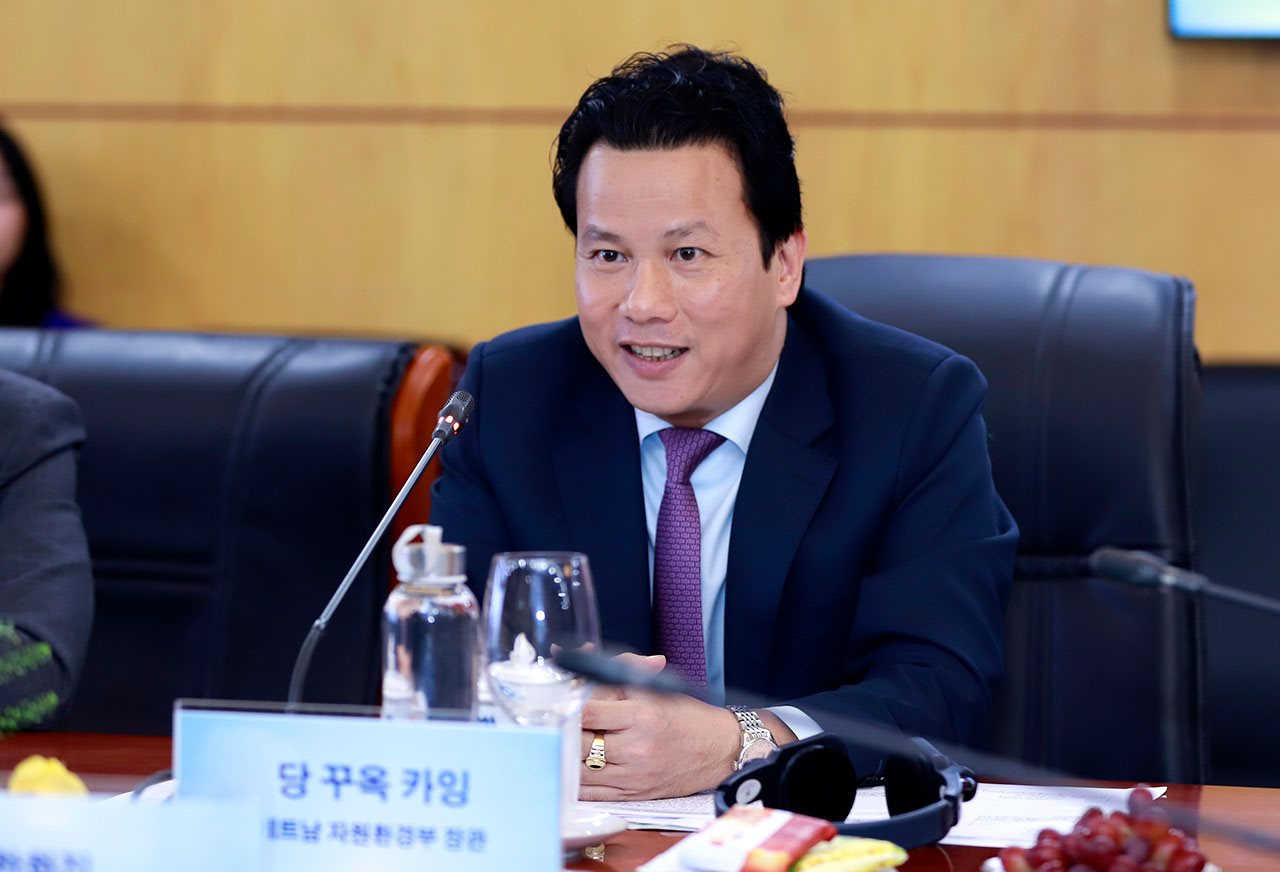
Regarding this content, Minister Dang Quoc Khanh said that one of the cooperation frameworks that has been implemented in the recent past between the two Ministries, which the Ministry of Natural Resources and Environment assessed as having effectively implemented activities, is the Memorandum of Understanding on cooperation between the Institute of Biological Resources and the General Department of Environment (formerly), now the Department of Nature Conservation and Biodiversity.
The MoU was first signed in 2015, and has been extended until October 2024. The MoU aims to provide a basic framework for bilateral cooperation for mutual benefit in the field of biodiversity conservation and utilization. The objective of the MoU is to establish conditions for the use of genetic resources and traditional knowledge, as well as the sharing of benefits arising from access to genetic resources, in accordance with the provisions of the Convention on Biological Diversity.
Minister Dang Quoc Khanh directed the Department of Nature Conservation and Biodiversity to urgently work with the Korean National Institute of Biological Resources to agree on the content of the Memorandum of Understanding and carry out the signing procedures according to regulations so that the two sides can sign soon.
Digital water resources management and restoration of degraded and polluted water sources
In the field of water resources management, it can be seen that water is one of the most precious and important resources on earth that humans or any living thing needs, without water there is no life. That is why the Vietnamese Government pays special attention to the issue of water resources management, not only through policies but also through the legal system and State policies such as: Law on Water Resources 1998, Law on Water Resources 2012, and the upcoming Law on Water Resources (amended), expected to be issued in November 2023, effective from July 2024.
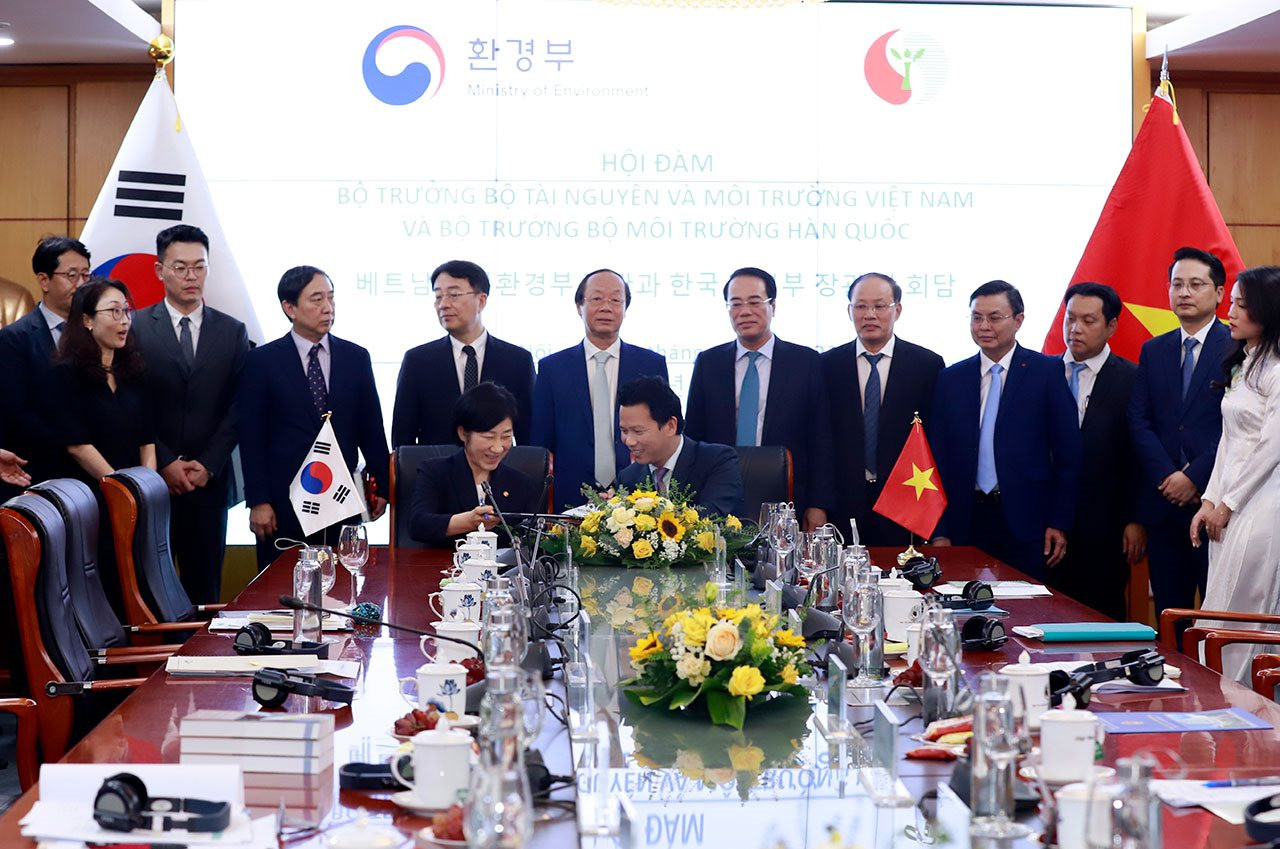
Speaking with Minister Han Whajin, Minister Dang Quoc Khanh said that during the process of developing the Law on Water Resources (amended), Vietnam had the opportunity to cooperate and exchange experiences with KEITI and K-Water to learn good practices in water resources management in Korea. In particular, he was particularly impressed with the project to restore 4 major rivers and the comprehensive water resources database system of Korea; because in the near future, the Law on Water Resources (amended) will pay special attention to the work of comprehensive water resources management on a digital platform and the restoration of degraded, polluted and depleted water sources.
Talking with Minister Dang Quoc Khanh, Minister Han Whajin said that she was informed by experts that Vietnam is a country with diverse water resources. With the Ministry of Natural Resources and Environment submitting to the National Assembly the draft Law on Water Resources (amended), Korea is ready to send the best officials and experts in both technology and policy to support Vietnam in comprehensively managing water resources on a digital platform and restoring degraded, polluted and depleted water resources.
Circular economy is an inevitable trend of the times.
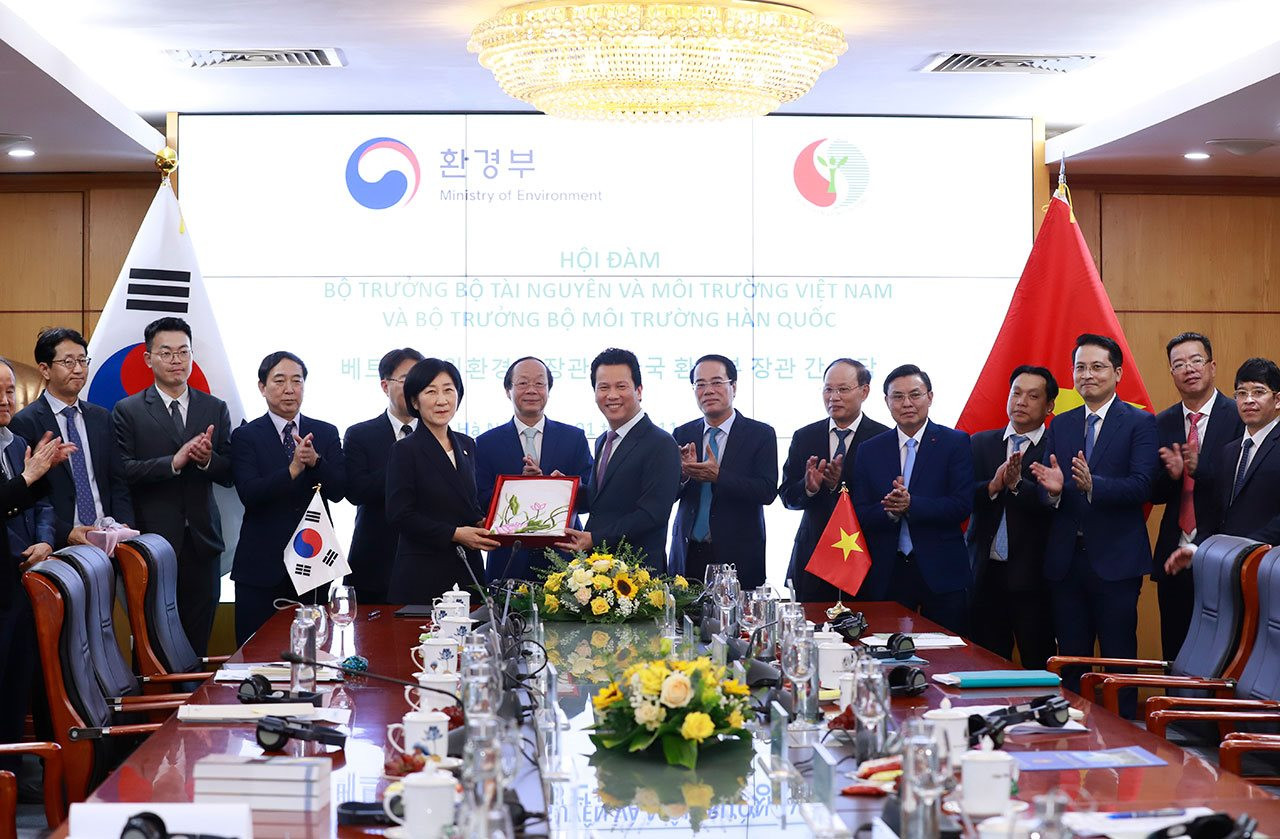
Discussing the content of cooperation on circular economy, according to Minister Dang Quoc Khanh, circular economy is considered an inevitable trend of the times, has global consensus and is considered by countries around the world as the green industrial revolution of the 21st century, an opportunity for the global community to join hands to implement international commitments in the field of environmental protection, climate change response, aiming at sustainable development.
Recognizing the significance of developing a circular economy, Vietnam has issued policies and legal regulations to promote the construction and development of a circular economy. In particular, to specify the assigned task of building a roadmap for implementing a circular economy in the Law on Environmental Protection, while ensuring compliance with common international practices...
Korea is one of the countries with experience in building and implementing policies and legal regulations to implement circular economy, especially waste management. Therefore, Minister Dang Quoc Khanh believes that promoting cooperation to put circular economy into practice in Vietnam is very appropriate and meaningful.
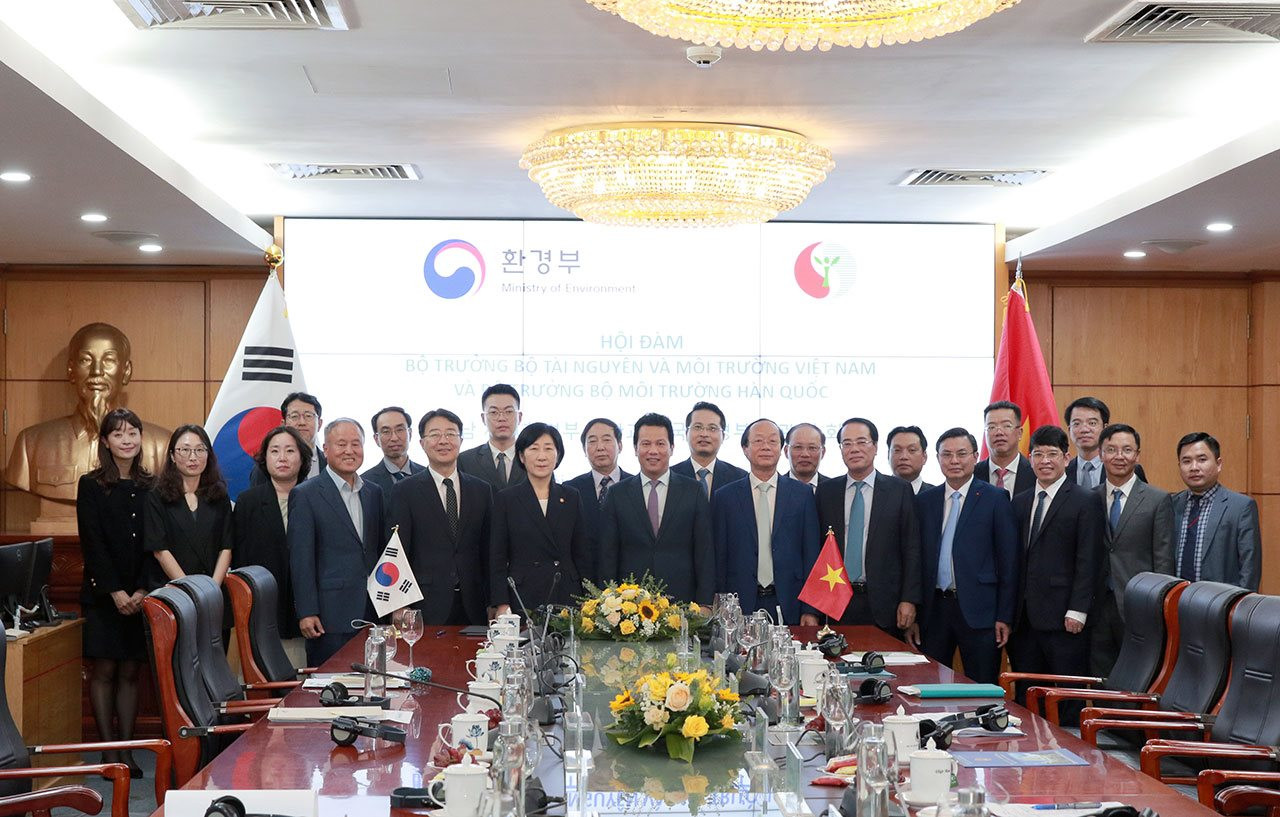
At the same time, we hope that Korea will support the development and promulgation of technical guidelines on the application of best available techniques or consider recognizing the best available techniques that have been applied in the Group of Developed Industrial Countries that are allowed to be applied in Vietnam; review, update and supplement the list of best available techniques to ensure their suitability with reality and the level of development of science and technology; and provide guidance on the application of best available techniques for each type of production, business and service that has the risk of causing environmental pollution.
Regarding this content, Minister Han Whajin said that Korea will provide the best support to Vietnam in terms of experts, science and technology as well as practical experience so that both sides can join hands to implement international commitments in the field of environmental protection, climate change response, aiming at sustainable development. In addition, Minister Han Whajin also agreed with the opinion of Minister Dang Quoc Khanh: the two ministries will be a bridge for businesses of the two countries to have more cooperation and investment in this field.
Also at the meeting, Minister Dang Quoc Khanh and Minister Han Whajin signed a Memorandum of Understanding on comprehensive cooperation in the field of environment between the Ministry of Natural Resources and Environment of Vietnam and the Ministry of Environment of Korea. The two Ministers assessed that the Vietnam - Korea relationship is at its best time ever. Based on the solid foundation and achievements in the relationship between the two countries in recent times, the signing of the Memorandum of Understanding on comprehensive cooperation in the field of environment between the two Ministries will be a new driving force for the comprehensive strategic cooperation between the Ministry of Natural Resources and Environment of Vietnam and the Ministry of Environment of Korea; concretize and implement the cooperation with specific programs and achieve brilliant achievements in the coming time.
Source


![[Photo] General Secretary To Lam receives Russian Ambassador to Vietnam](https://vstatic.vietnam.vn/vietnam/resource/IMAGE/2025/4/2/b486192404d54058b15165174ea36c4e)
![[Photo] Prime Minister Pham Minh Chinh receives Deputy Prime Minister of the Republic of Belarus Anatoly Sivak](https://vstatic.vietnam.vn/vietnam/resource/IMAGE/2025/4/2/79cdb685820a45868602e2fa576977a0)


![[Photo] Prime Minister Pham Minh Chinh receives CEO of Standard Chartered Group](https://vstatic.vietnam.vn/vietnam/resource/IMAGE/2025/4/2/125507ba412d4ebfb091fa7ddb936b3b)

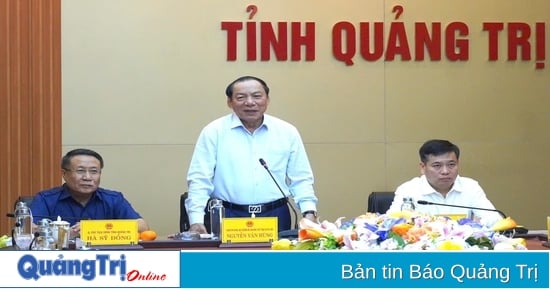

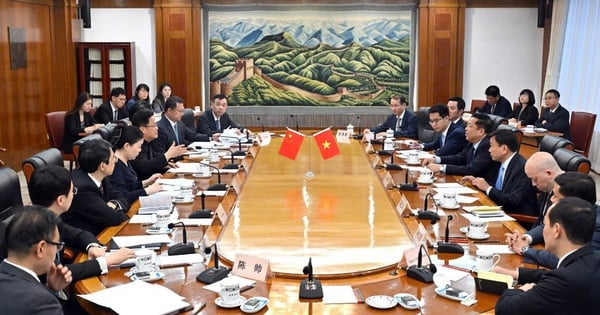

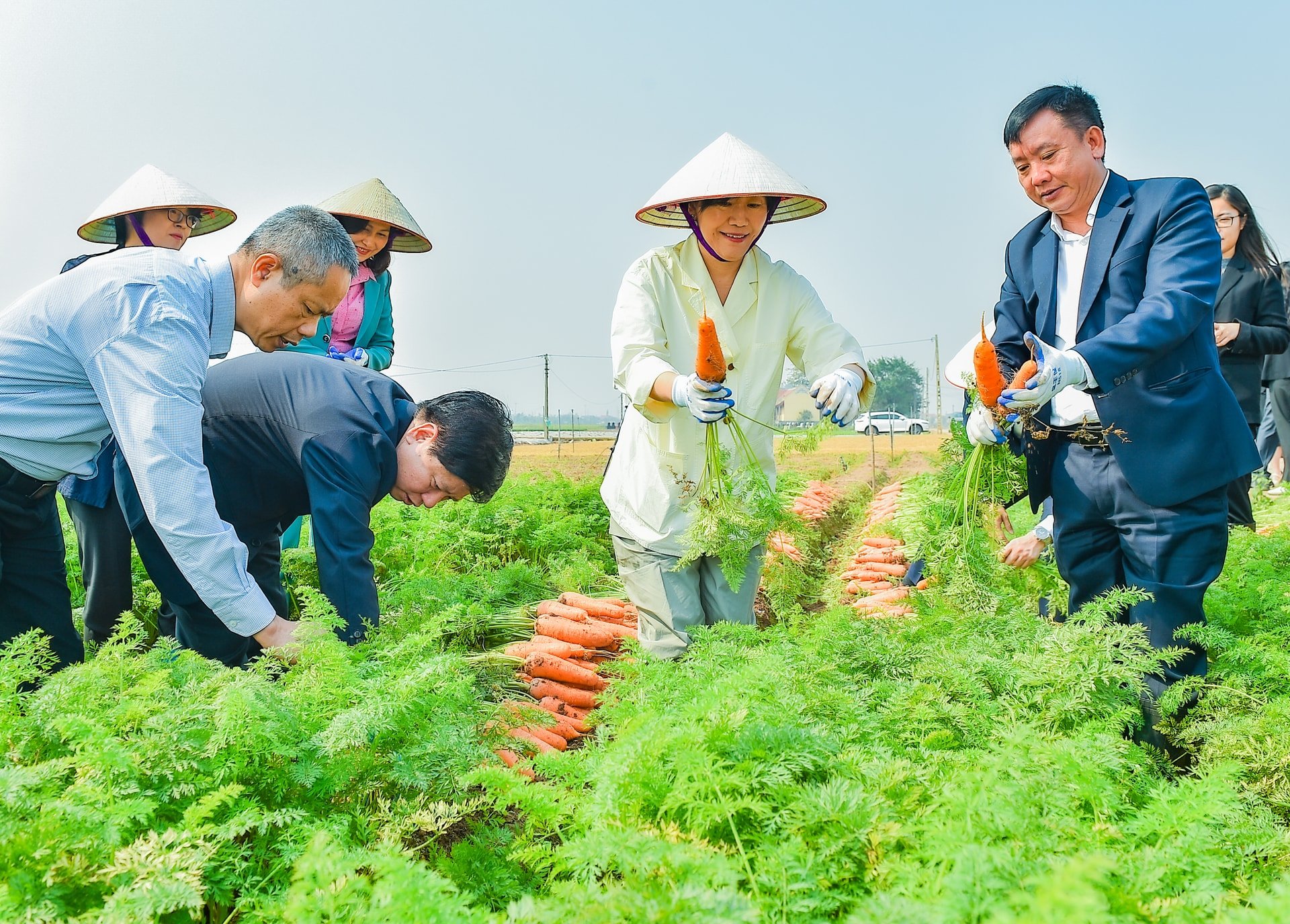







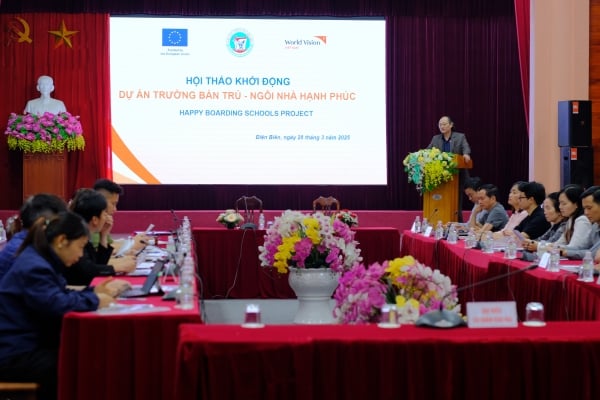
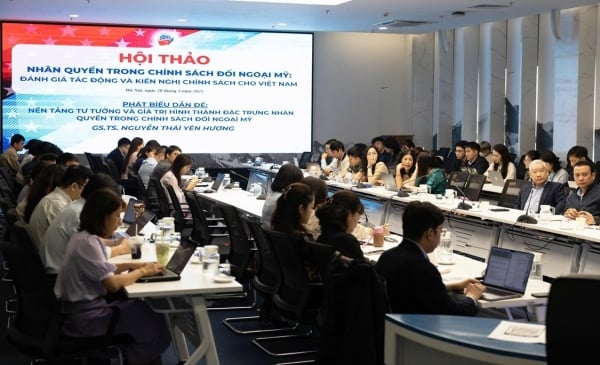
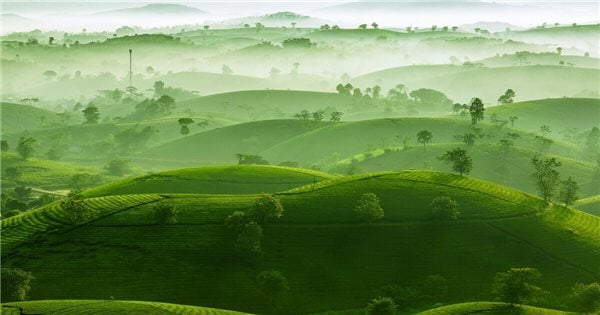










![[Photo] Comrade Khamtay Siphandone - a leader who contributed to fostering Vietnam-Laos relations](https://vstatic.vietnam.vn/vietnam/resource/IMAGE/2025/4/3/3d83ed2d26e2426fabd41862661dfff2)














































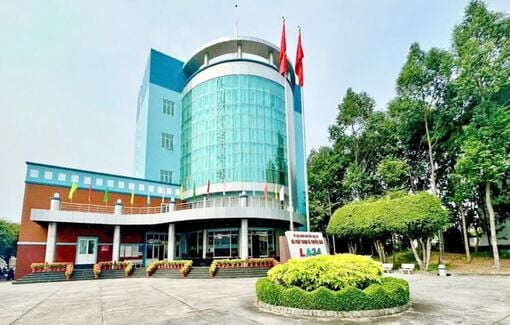
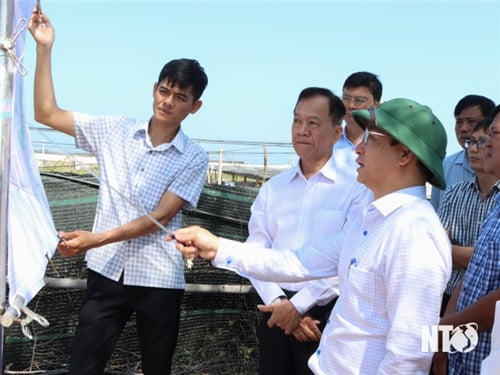
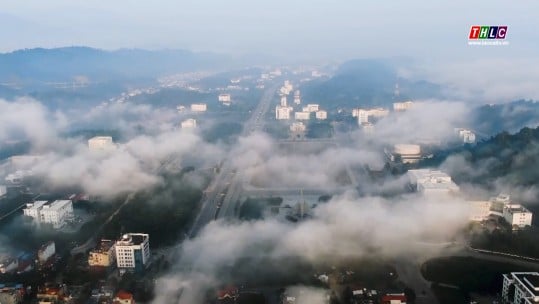
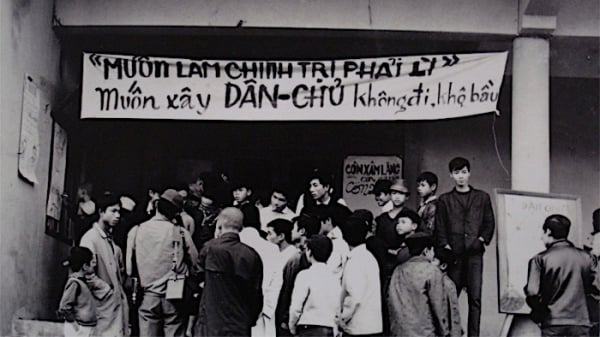
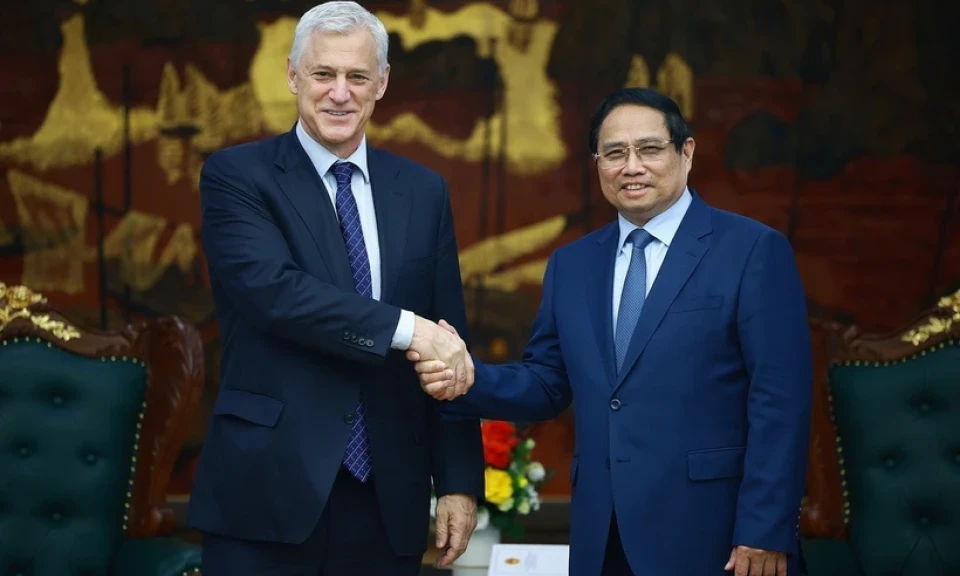
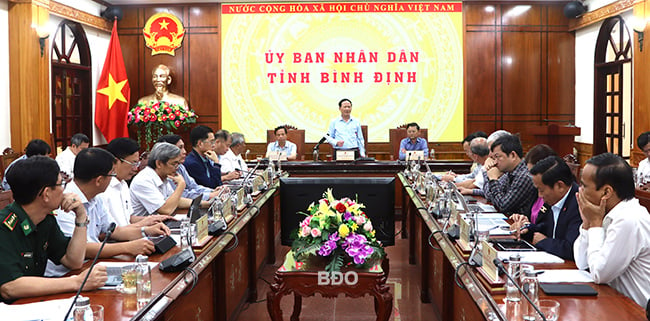












Comment (0)